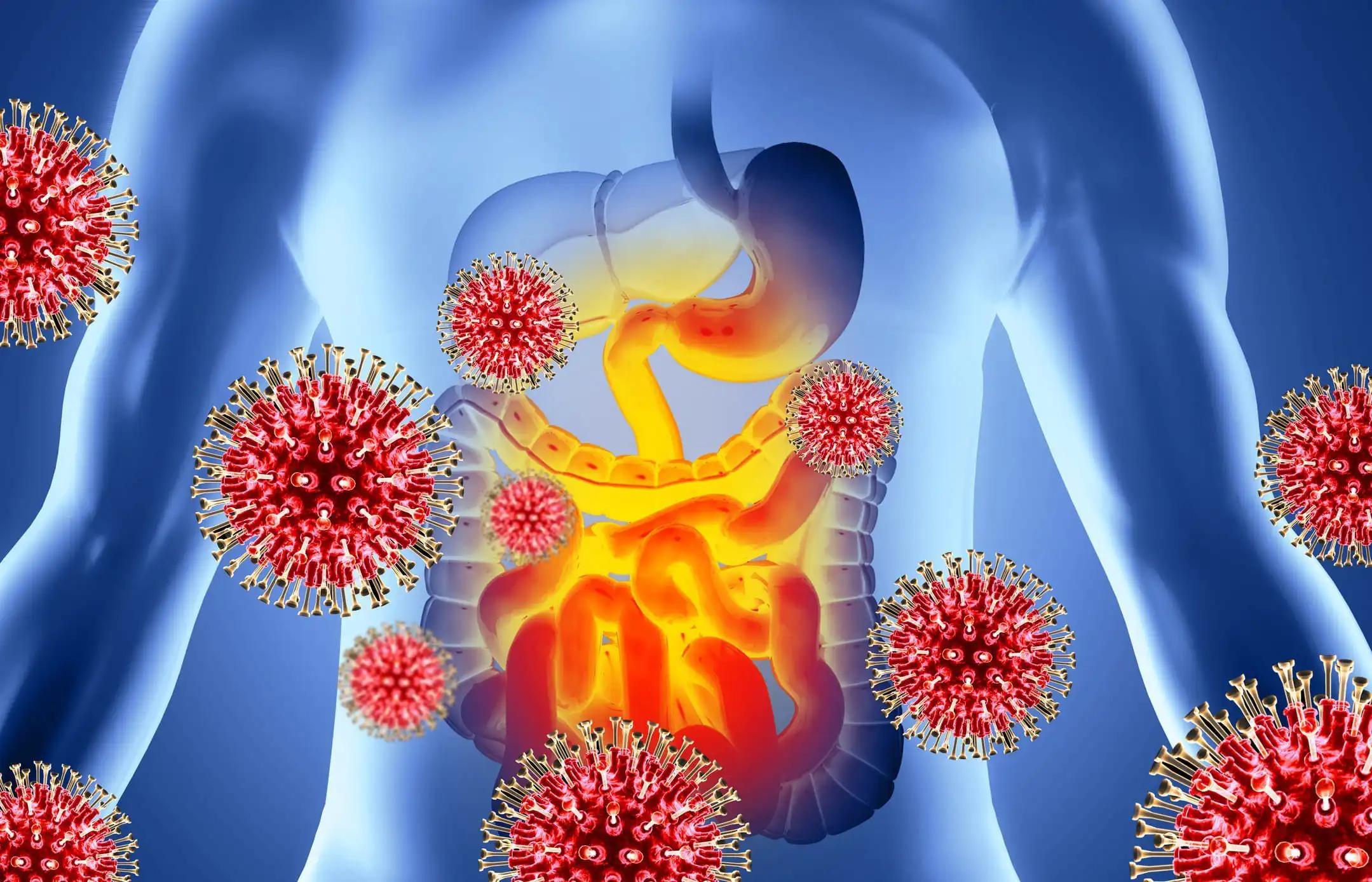KEY TAKEAWAYS
- A FIRE-3 phase III trial demonstrated the prognostic relevance of EMT-related (epithelial-mesenchymal transition) genes in stage II/III CRC.
- Overall survival and progression-free survival were considered as endpoints in the study with a cohort of 350 patients.
- The study compared the predictive performance of different models using clinical data only to models using gene data in addition to clinical data. The baseline Kaplan Meier model showed the best performance, suggesting that EMT-related genes have no prognostic relevance in stage IV CRC.
- The results suggest that further research is needed to understand the stage-dependent prognostic relevance of EMT-related genes in colorectal cancer.
While the significance of systemic medication is still up for debate, there is currently no standard treatment for patients with colorectal liver metastases following resection. The need for accurate risk classification with regards to postoperative treatment plans cannot be overstated. Recently, we showed that genes involved in the epithelial-mesenchymal transition (EMT) are predictive of outcome in stage II/III colorectal cancer. Considering EMT is a critical stage in the development of CRC, they sought to evaluate the predictive significance of EMT-related genes in stage IV CRC using the study cohort of the FIRE-3 trial, an open-label, multi-center, randomised, controlled phase III trial of patients with metastatic CRC.
Goals included both overall and progression-free survival (n = 350). We compared the predictive performance of several models using clinical data only to models incorporating gene data in addition to clinical data to examine the prognostic importance of EMT-related genes on either endpoint, anticipating improved predictive performance if EMT-related genes had prognostic value. It was also possible to fit additional models to the data, such as the Random Survival Forest (RSF) and the gradient boosted trees (GBT), in addition to the standard ones (the Kaplan Meier (KM), and the (regularised) Cox models). For the purpose of hyperparameter optimization and performance evaluation, nested 5-fold cross-validation was utilised multiple times. The predictive ability was assessed using the Brier score integration (IBS).
Overall, the best results were seen with the original KM baseline model (OS: 0.250, PFS: 0.251). Using solely clinical data according to the IBS scores, the KM outperformed the other models (OS: 0.253 (Cox), 0.2256 (RSF), 0.284 (GBT); PFS: 0.254 (Cox), 0.2256 (RSF), 0.276 (GBT)). Performance of GBT improved marginally when gene data was added (OS: 0.262 vs. 0.284; PFS: 0.268 vs. 0.276), but none of the models outperformed the KM baseline. Overall, the data indicate that EMT-related genes are not prognostically relevant in stage IV CRC, suggesting that the prognostic value of these genes may be stage-dependent.
Source: https://pubmed.ncbi.nlm.nih.gov/36428688/
Clinical trial: https://clinicaltrials.gov/ct2/show/NCT00433927/
Pretzsch, E., Heinemann, V., Stintzing, S., Bender, A., Chen, S., Holch, J.W., Hofmann, F.O., Ren, H., Bösch, F., Küchenhoff, H., Werner, J. and Angele, M.K. (2022). EMT-Related Genes Have No Prognostic Relevance in Metastatic Colorectal Cancer as Opposed to Stage II/III: Analysis of the Randomised, Phase III Trial FIRE-3 (AIO KRK 0306; FIRE-3). Cancers, 14(22), p.5596. doi:https://doi.org/10.3390/cancers14225596.



